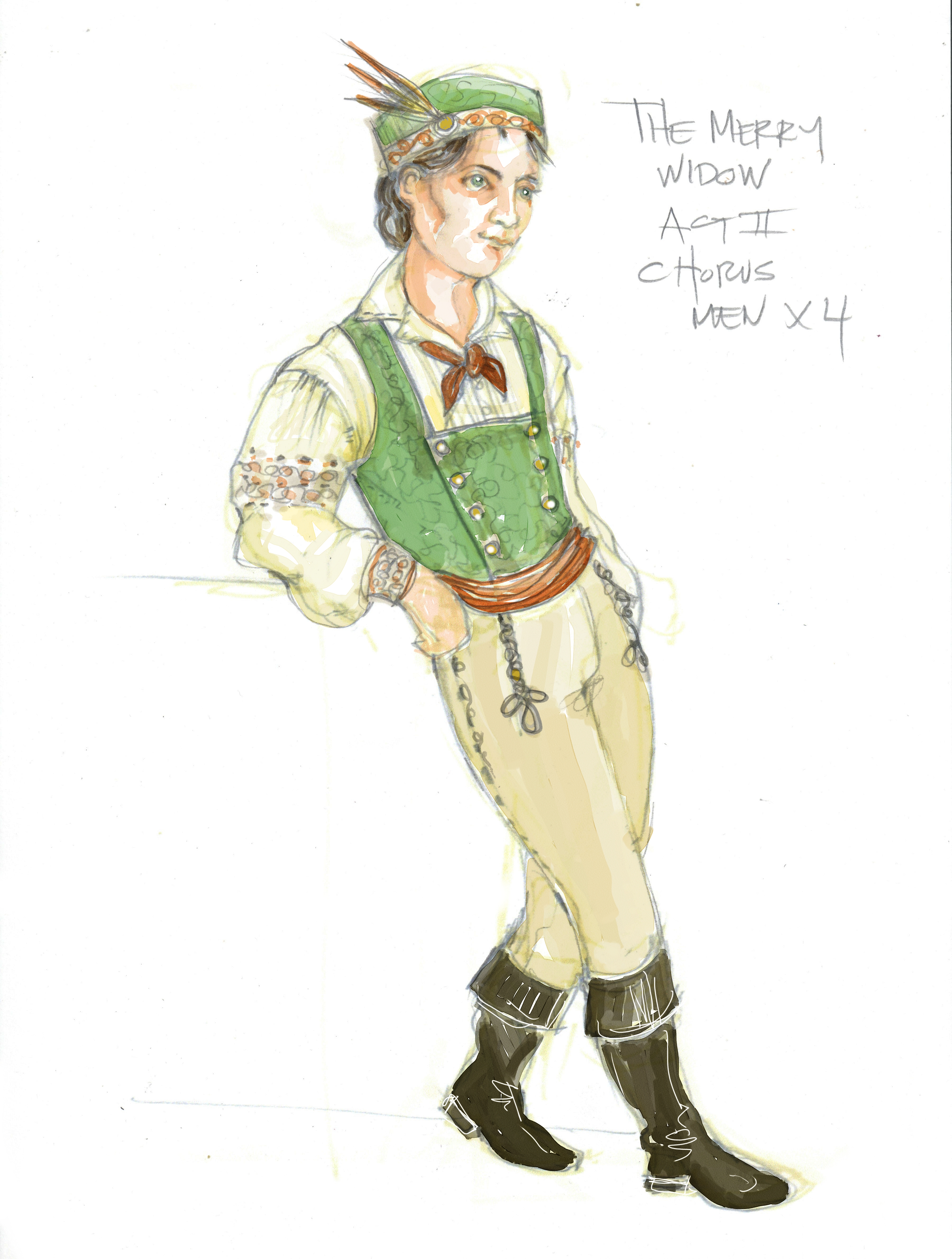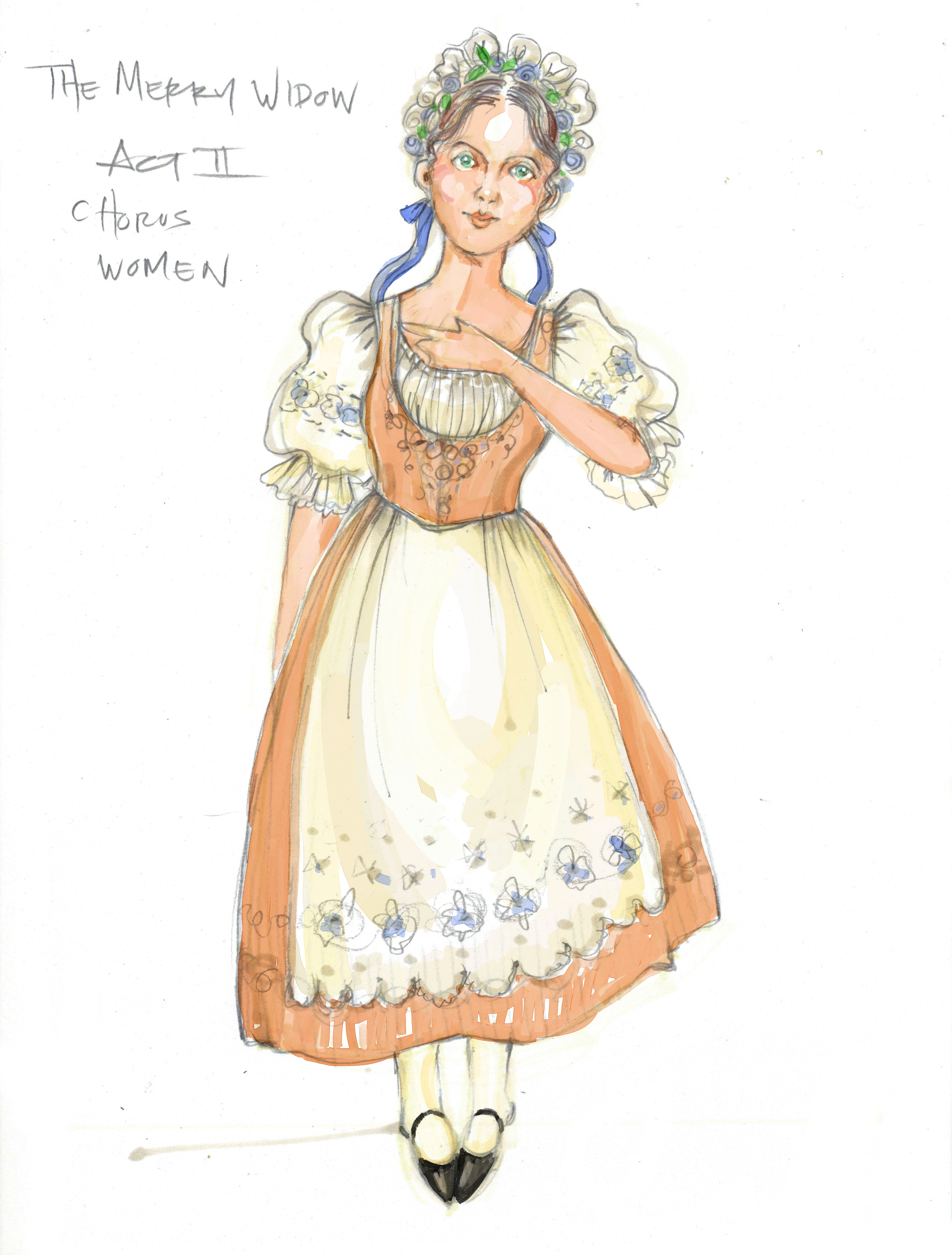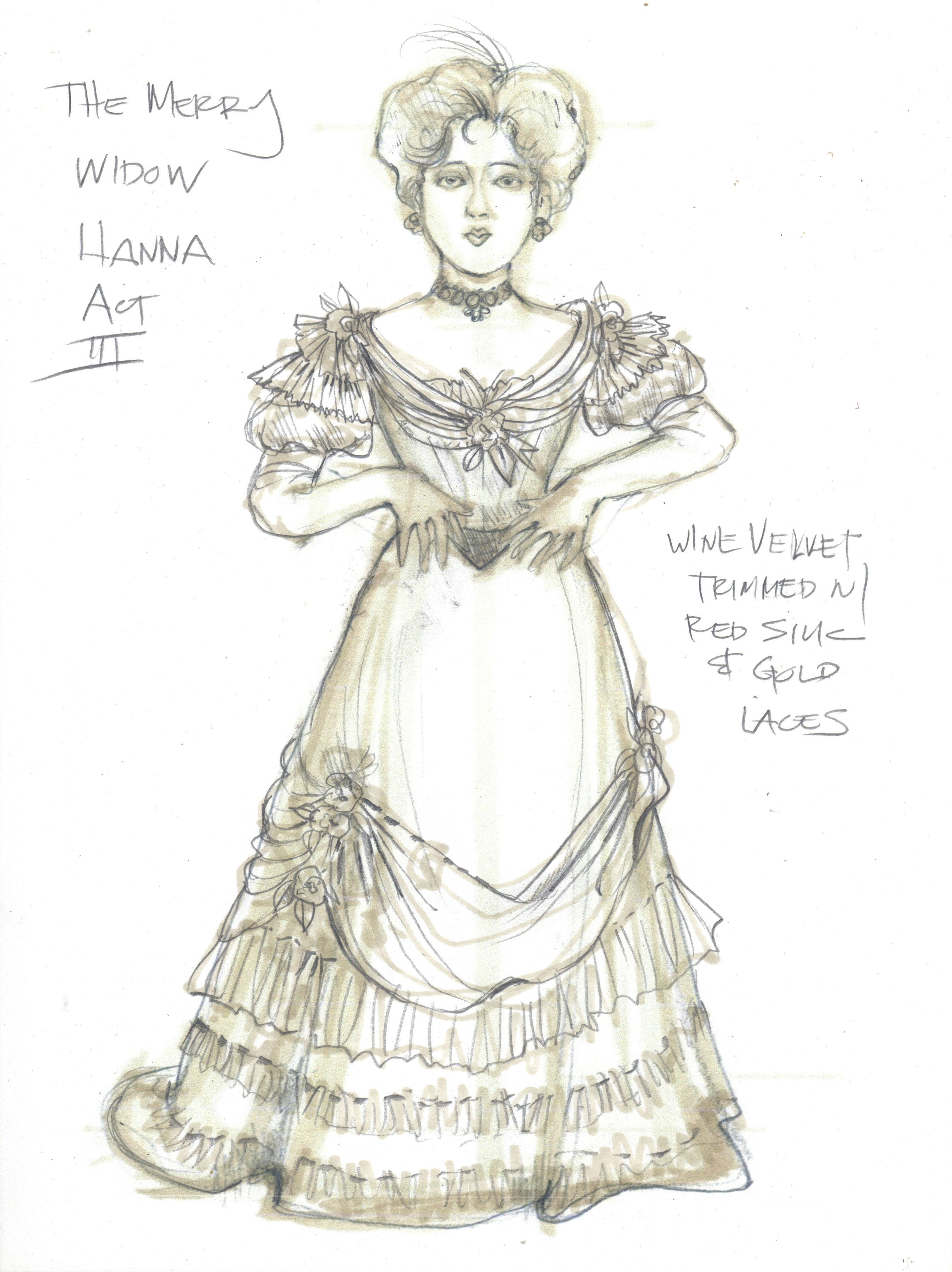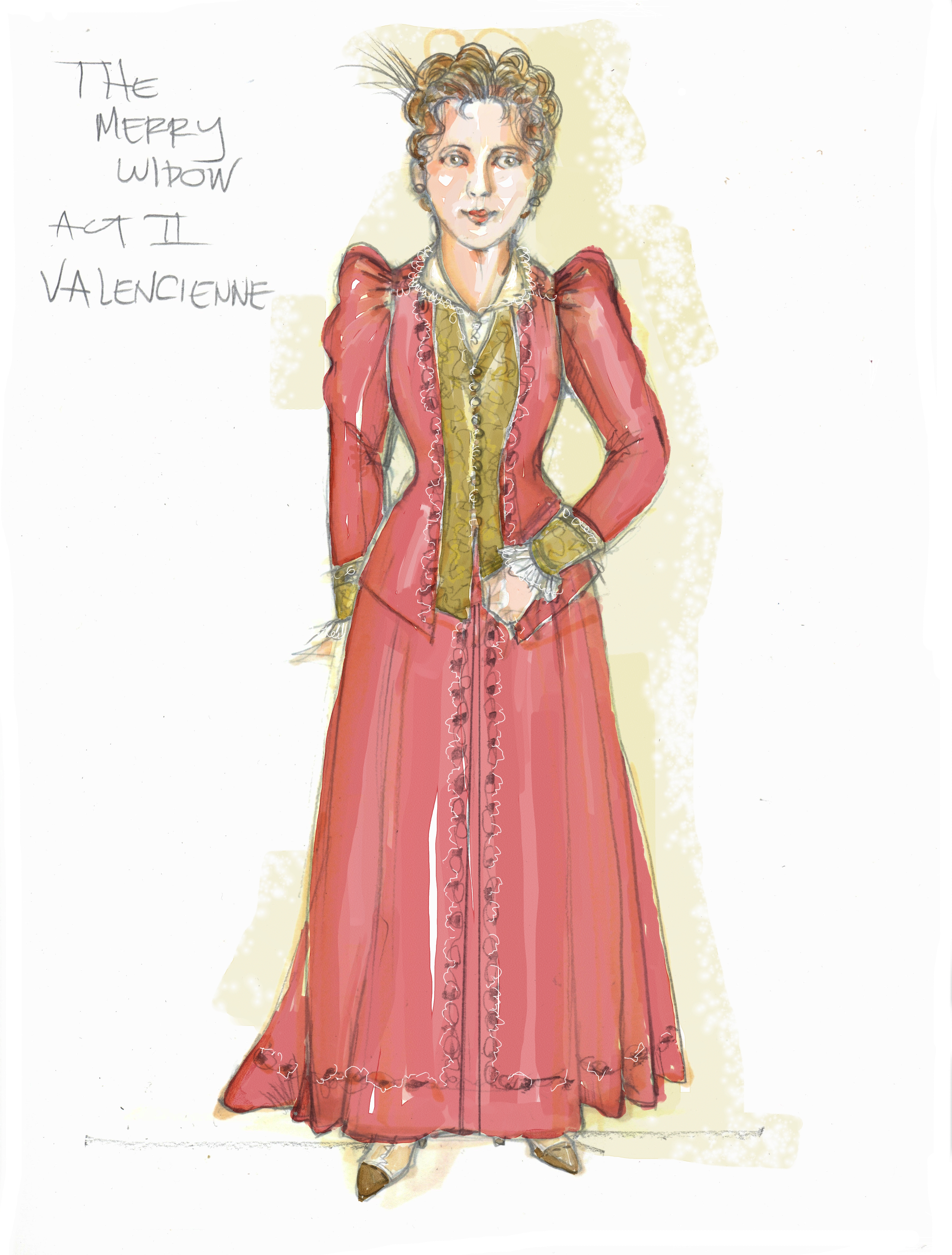THE MERRY WIDOW BACKGROUND NOTES
Although born in Hungary, Franz Lehár as undoubtedly the father and principal inspiration of the "Silver Age" of Viennese Operetta. The beginning of this era can be traced back to one special night, that of December 30, 1905. On that date The Merry Widow (or Die lustige Witwe) was given its world premiere in Vienna. Since that night, it has never left the stages of the world. Its first performance in London in 1907 was one of the greatest theatrical triumphs that city has ever witnessed. The American premiere in the same year at New York's New Amsterdam theatre was such a sensation that it led to the creation of Merry Widow hats, corsets, cigarettes, trains and cocktails. The Paris premiere in 1909 continued the "Widow's triumphant path around the world and the work has been translated into more than 25 languages.
The Merry Widow has received three Hollywood adaptations, the first in 1925 starred Mae Murray and John Gilbert, the next in 1934 (with new lyrics by Lorenz Hart) featured Jeanette MacDonald and Maurice Chevalier, and the most recent in 1952 offered the unlikely team of Lana Turner and Fernando Lamas.
To the glorious melodic gifts and comic brilliance of his great predecessor Johann Strauss Jr., Lehár added more romance, lyricism and intimacy. Sensual, sophisticated overtones (in waltz tempo) replaced the fairy tale world of the older Viennese operettas. Set in and around the Parisian Embassy of Pontevedro, a mythical Balkan country, The Merry Widow has a score that sparkles with wit and melody from beginning to end. Three of its highlights in particular are as famous and well-loved as any moments in all operetta: Hannah's "Vilja," Danilo's entrance song "Maxim's," and of course, "The Merry Widow Waltz."
Franz Lehár sustained his fame and success for thirty years following the premiere of the Widow with such works as The Land of Smiles, The Count of Luxembourg, The Czarevitch and Giuditta. But it is The Merry Widow above all which is synonymous with the pre-World War I era and which has made Lehár's reputation eternally secure.
Ken Benson




* Costume Sketches by Howard Tsvi Kaplan
